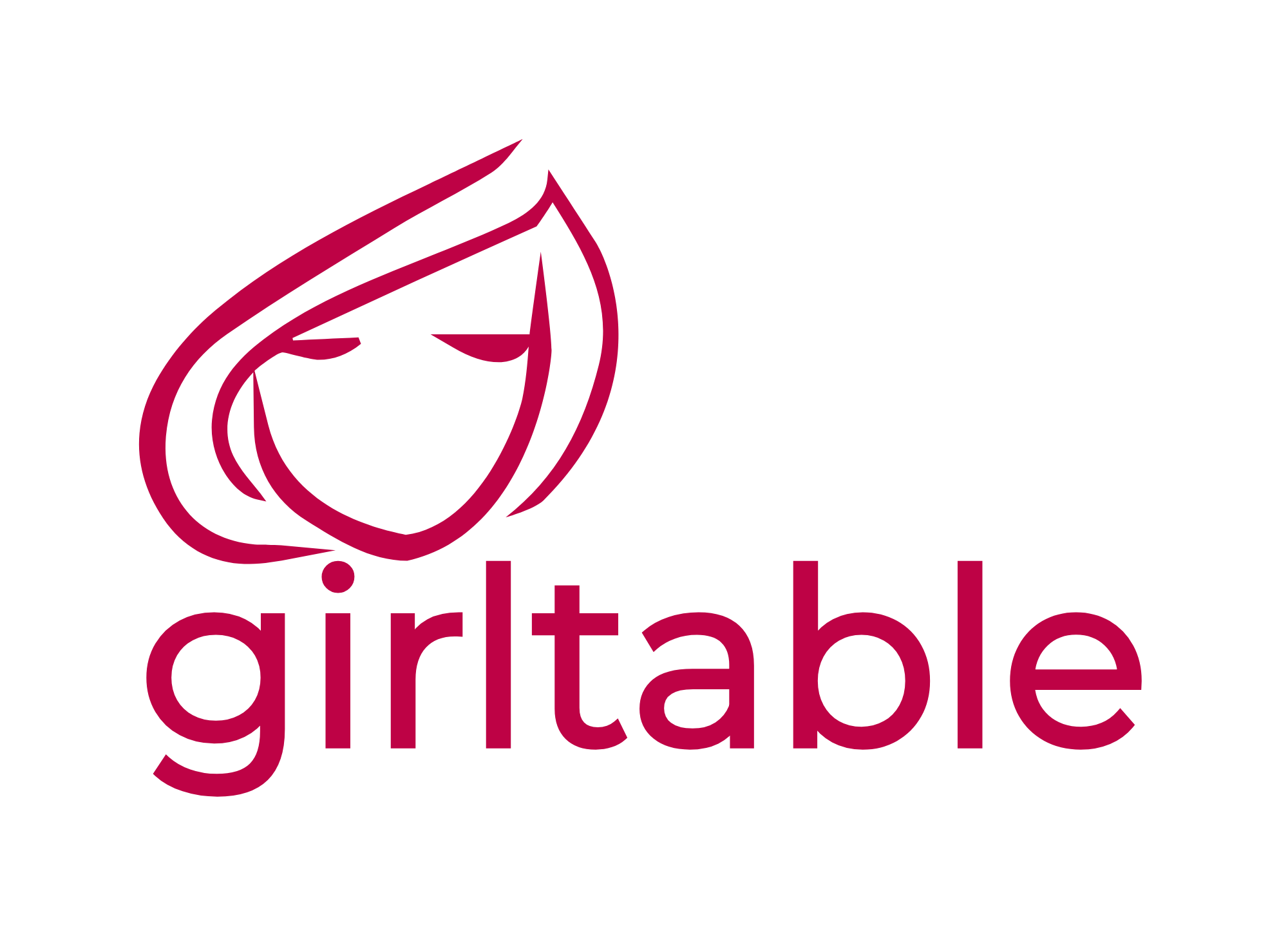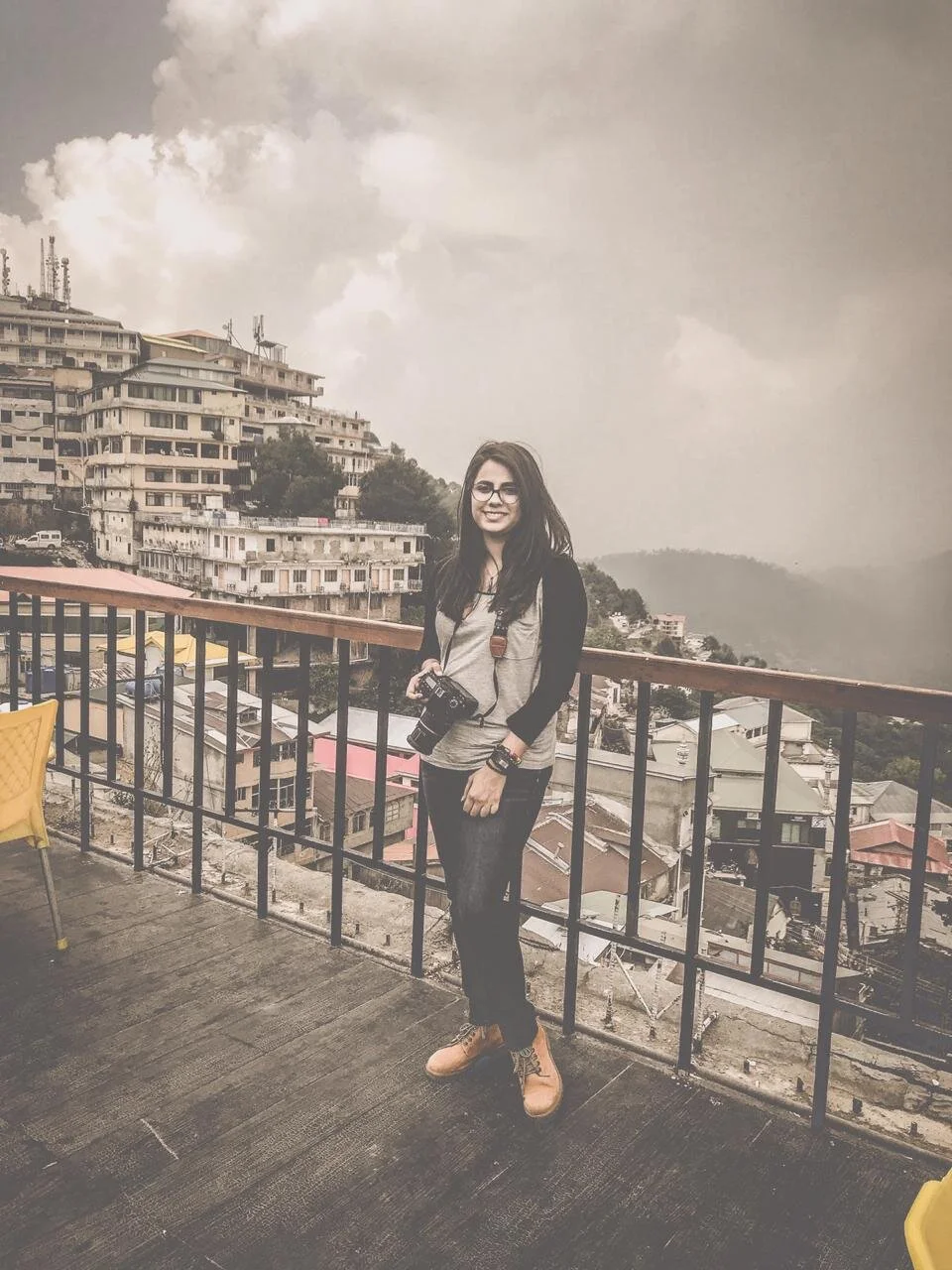Fazila
What does life as a woman or girl look like in your part of the world? What roles do women play in your society?
Womanhood in Pakistan is beautifully summarized by Sara Suleri, that bodies of women in the Indo-Pak subcontinent were colonized twice, first by the British and then by the men.
A traditional Pakistani woman grows up in a sheltered environment, with most life decisions made for her by others. She learns the social code of conduct and morality early in life. Deep down she knows that her birth was greeted with less eagerness than her brothers. Early childhood socialization, reinforced by parents, religion, and community teaches a girl to prioritize home and family and to defer her career pursuits to the career priorities of her husband.
The second perspective is of a modern Pakistani female who is more in charge. She acknowledges her contribution to the family economy. She defies the custom of confining women to traditional jobs. She does not take the pressure to conform to conventional roles. [Such women] are now seen as marketing professionals, bankers, sportswomen, academicians, journalists, lawyers, IT specialists, engineers, broadcasters, scientists, sailors, police officers, pilots, nuclear scientists, entrepreneurs, architects, administrators, beauticians, and fashion designers.
What do you think is the most significant barrier to women empowerment and/or gender equality today?
The phenomenon of men infantilizing women by being their voice in the name of gender inequity. Women pulling women down - and this could be both overtly and covertly. Cultural oblivion to the microaggression girls face. The majority of times, we are oblivious to the oblivion.
OK, tell us all about yourself. Who are YOU & what should the world know about you?
I am a 30-year-old Sindhi bred Pakistani Muslim female working as an Associate Lawyer in a commonwealth country. I have challenged many societal stereotypes during my 30 years of life just like my strong mother and sisters who have refused to show complacency to the patriarchy ingrained in the culture.
Since childhood, I have had a very appreciative eye towards social sciences, arts, and justice. I initially wanted to be an artist but where I was born and brought up, Art did not provide food, shelter or a “potential suitor” so I did not pursue Fine Arts as a career. This left me with a broken heart, a vulnerable spot where most adolescents my age would either rebel or conform to societal norms. But being raised by very strong-headed parents, although I decided to choose the latter [justice], I knew I was onto something more substantial than life.
I am now a Corporate and Human Rights Litigator at Sindh High Court, Karachi. I graduated in Law from the University of Sindh, Jamshoro, and Bachelor of Business Administration from Isra University, Hyderabad Pakistan. I have extensive legal experience in the area of corporate, commercial, employment and human rights. I have been involved in various advocacy initiatives and pro bono litigation.
Describe yourself in one word: "I am... a Survivor
What are you most passionate about and what are you doing with that passion?
During my four years of business studies, I kept on feeding my social justice quest and artistic soul; Sigmund Freud calls it sublimation. I led an advertising project on “Public Service Messages,” which was based on the misperception of substance abuse in our society, specifically focusing on medical versus moral dilemmas. Further, I participated in various ventures organized by National Youth Foundation. As I was fuelled by the passion for social justice and creativity, I completed numerous training programs of Basic Digital Photography and participated in conceptual photography for different social causes.
I have experience in social activism and have previously co-led various community-based child welfare projects in collaboration with the Social Welfare Department, Govt of Sindh. As a female litigator from interior Sindh, I have developed a profound understanding of implicit as well as overt challenges and possible solutions in the area of corporate and commercial law. I am an active member of Kiran Sahara - a volunteer group of lawyers supporting the SWAN program by Kiran Foundation. I support and provide legal assistance to the victims of cyber-crime and domestic violence to the cases reported to the Women Protection Cells (WPC), which is the joint initiative of WPC Sindh Organization and Sindh Police.
What are some of the most notable events (milestones) that have happened in your life to date?
Moving out of my hometown. Receiving the license to practice in High Court. Getting nominated as one of the top three photographers at Hyderabad Photo-Walk for promoting Heritage & Culture. My happiness reached its peak when my favourite photographer commented on my NatGeo page “Fantastic concept”. I was also invited to be a panelist at a local event on digital rights and women.
What obstacles have you faced and overcome?
I believe there have been obstacles on multiple levels:
Personal: mastering my own fears and believing in myself. We don't often realize the amount of mental energy we spend in fighting them. With enormous support from my close girlfriends, I have finally overcome a lot of inner fears.
Societal: to rewrite one's own narrative from where I am coming from is very difficult. My parental separation made it extremely hard for us - sisters - to prove our own identity that we are much more than what our parents decided […] too for themselves.
Workplace: I am a practicing lawyer and have graduated from a Pakistani Law School. I see a clear divide between local graduates and those who receive international law degrees. I believe the microaggressions I felt at my workplace were multiplied triple-fold because of my gender.
Looking externally into the public sphere, what female public figure inspires you the most to achieve your dreams & why?
I have incredibly strong females in my surroundings. My sister, to start with, and my best friend. I derive my strength from them.
What's your definition of success?
It is when you enter the room and people are genuinely happy to see you and respect you. It's a non-linear path to success but with perseverance, one gets there.
How have the women and girls around you helped you to get to where you are today?
Psychological safety: I feel extremely lucky to have a group of women who constantly provide support, feedback, praise, and when needed, problem-solving direction. Just talking to them does the work for me.
Reflection: I had seen and learned a great deal about the unconscious bias, societal taboos, and misattributions and their consequences, but through reflective discussions with my girls, I have seen a great deal of hope and optimism. This has also been extended to sponsorship in the time of financial hardships.
Complete this sentence: "To be a girl or woman today, is to be..."
A warrior who needs to be apt at predicting what strategy life is planning next; not to fight, but to prepare [one]self to avoid any battle.

